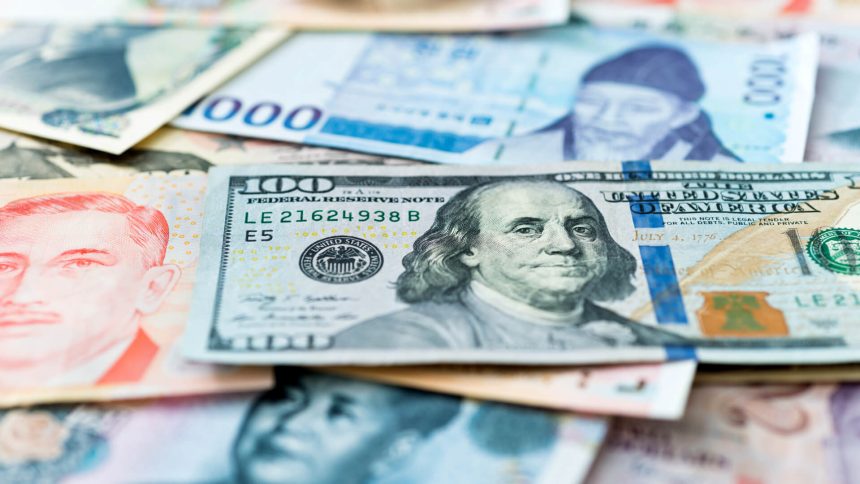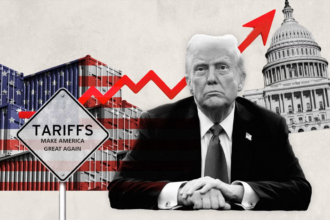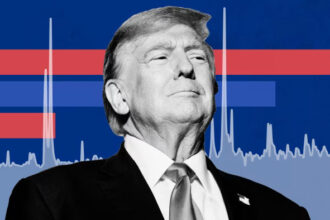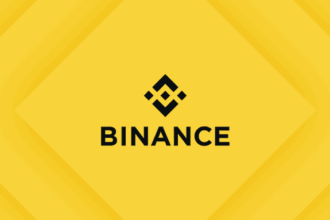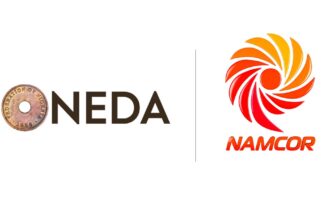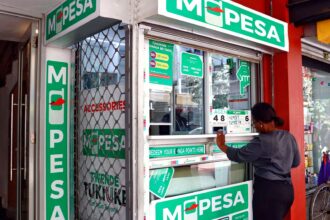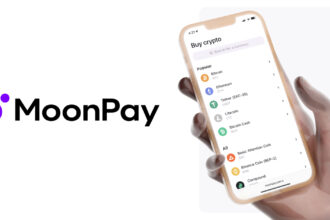The Nigerian Federal High Court has authorized the Economic and Financial Crimes Commission (EFCC) to block 1.146 accounts linked to unauthorized FX transactions, terrorism financing, and money laundering probes.
The EFCC acquired the court order on April 24, just a day after its chair, Ola Olukoyede, told the press that the agency blocked 300 bank accounts involved in “illegal” peer-to-peer FX trades.
According to the EFCC chair on Tuesday, over $15 billion passed through a single platform last year. He also explained that if the agency had not stepped in by blocking the accounts, the Naira would have crashed in a week.
According to the statistics provided by the EFCC, ninety percent of the frozen accounts are maintained under some of Nigeria’s largest traditional banks. In addition, this investigation marks the latest move by the Nigerian Government to eradicate currency speculations and naira volatility.
The previous move was when the agency arrested and charged two Binance officials with money laundering and tax evasion.
An analysis in March on peer-to-peer trading in Nigeria highlights a cluster of retail traders making large orders for USDT, which they eventually did not buy. According to the analysts working on the investigation, some of these retail traders were working in teams to manipulate the FX prices.
In a March affidavit, an EFCC operative, Hakeem Bello disclosed “The team uncovered users who have been using the platform for price discovery, confirmation and manipulation, which caused distortions in the market, resulting in the Naira devaluation”.

